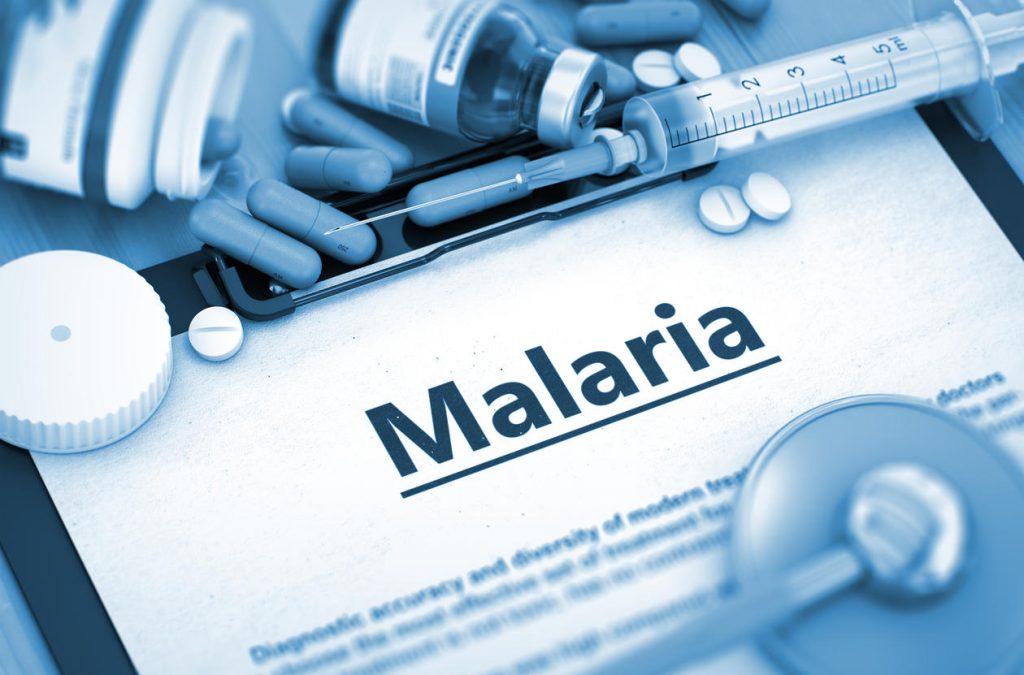Health workers, under the aegis of the Joint Health Sector Unions (JOHESU) and the Assembly of Healthcare Professional Association (AHPA), have attributed the exorbitant prices of drugs and other regulated products in Nigeria to the National Agency for Food and Drug Administration and Control (NAFDAC).
A recent petition, addressed to President Ahmed Bola Tinubu and signed by the national secretary of health workers, Ajirotu, has drawn attention to the impact of several NAFDAC policies on the availability of affordable and effective medication for Nigerian citizens. Copies of the petition, received by various journalists on Friday in Abuja, specifically implicate Professor Mojisola Adeyeye, the director-general of NAFDAC, alleging that her enforcement of what is deemed frivolous policies directly contradicts the objectives laid out in the National Drug Policy.
However, despite these accusations, President Tinubu has reappointed Adeyeye for another term as NAFDAC’s director-general. This decision has caused more debate.
The petition by JOHESU/AHPA, titled “The Rising Cost of Drugs and Other Controlled Products and the Role of the NAFDAC Director-General,” talks about several controversial policies. These include a recent paper about the quality of Active Pharmaceutical Ingredients (APIs), charging tariffs for Good Manufacturing Practice (GMP), giving out selective and unfair punishments, and claiming that 50% of products in Nigeria are fake.
The petitioners were particularly troubled by a directive from the NAFDAC DG regarding the submission of registration dossiers for products. This directive restricted acceptable applications to those supported by Active Pharmaceutical Ingredients (APIs) or Finished Pharmaceutical Products (FPPs) from specific approved sources. According to the petitioners, this decision could result in more deaths and a rise in drug prices, going against government promises to address increasing costs.
Additionally, the petition expressed sadness over the disparity between Nigeria’s pharmaceutical industry and that of India. India’s industry has thrived thanks to supportive policies that encourage access to affordable medications and stimulate local industry growth. In contrast, Nigeria was criticized for falling behind in pharmaceutical advancements. The NAFDAC DG was accused of obstructing progress in favor of personal interests.
The petitioners strongly urged the government to prioritize national interests over personal ambitions. They suggested that if Adeyeye harbours aspirations for a WHO appointment, she should consider stepping down from her position at NAFDAC. This, they argued, would prevent further harm to the local pharmaceutical sector and ensure a focus on the well-being of the nation rather than individual career goals.

